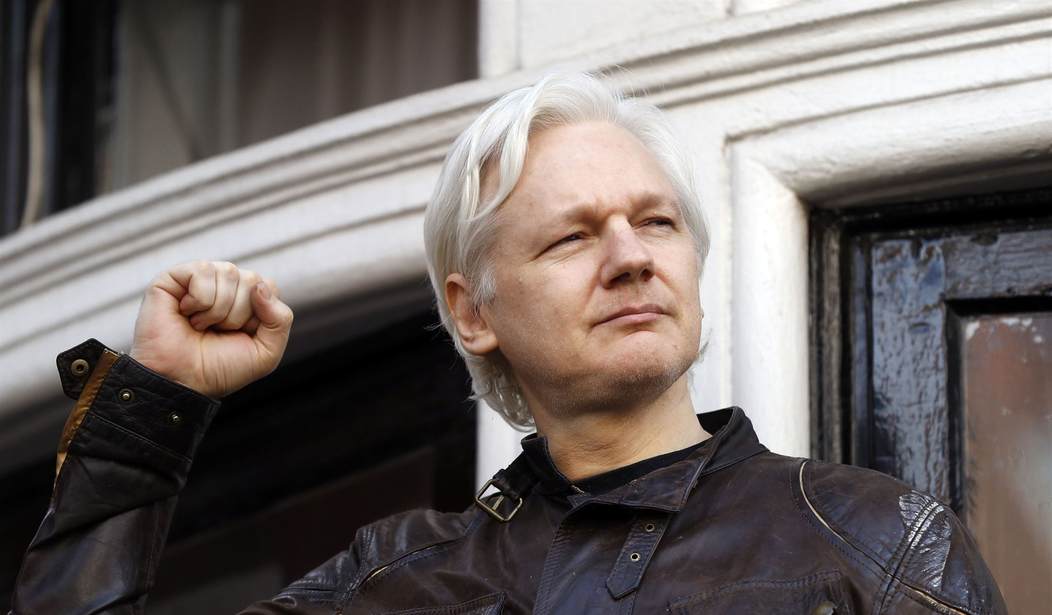Since 2010, the U.S. government has been after WikiLeaks publisher Julian Assange for his role in publishing highly classified documents relating to the wars in Afghanistan and Iraq.
Assange took refuge in the Ecuadoran embassy in 2012 where he stayed until 2019 when Ecuador revoked his asylum. He was then arrested by British authorities for violating the terms of his bail and was in prison serving his sentence when he was indicted on espionage charges by a U.S. court.
On Friday, the British High Court ruled that Assange could be extradited to the United States. He can still appeal the ruling to the High Court and could also take his case to the European Court of Human Rights. But British legal observers point out that the chances that Assange will win any appeals are slight and that he almost certainly will be handed over to U.S. authorities.
If he were convicted, the U.S. government in October promised the British courts that Assange would not be sent to country’s highest-security prison or automatically placed in solitary confinement. He could also seek to serve his sentence in his native Australia.
The British High Court sided with the Americans, and Judge Timothy Holroyde said said that the assurances offered over the conditions of his incarceration in the United States were both “sufficient” and “solemn undertakings,” promised from one government to another.
Assange’s defense attorneys maintained the U.S. assurances could not be trusted.
The issue of whether Assange’s leaks cost lives has been debated since the classified documents were published in 2010. The U.S. government maintains that the amateurs at WikiLeaks had little idea what information in the documents could put an enemy on the trail of a source who was assisting the United States in the war.
As State Department spokesman at the time, P.J. Crowley, said in 2019 that “A number of people went into hiding, a number of people had to move, particularly those civilians in war zones who had told U.S. soldiers about movements of the Taliban and al-Qaida,” he said.
“No doubt some of those people were harmed when their identities were compromised,” he added.
The Justice Department began investigating Assange in 2010, but under Obama decided that any prosecution would create a dangerous precedent that could be used to go after news organizations. In their indictment of Assange, prosecutors took pains to distinguish him from traditional journalists, saying that he had encouraged illegal hacking and recording for personal reasons.
The group Reporters Without Borders condemned the High Court decision that Assange can be extradited, saying he would face under the Espionage Act a possible life imprisonment “for publishing information in the public interest.”
Who appointed Assange to act “in the public interest”? And to act by violating the law and encouraging illegal hacking? Hacking that caused loss of life and publishing documents with no context and little regard for damaging U.S. national security?
We shouldn’t see hackers like Assange and Edward Snowden as heroes. If they were breaking the law for a higher purpose, that’s one thing. But if you’re going to do that, you must be prepared to take responsibility for your actions and accept the punishment. Otherwise, you should be considered just another common criminal — a thief who operates in the shadow world of espionage.










Join the conversation as a VIP Member